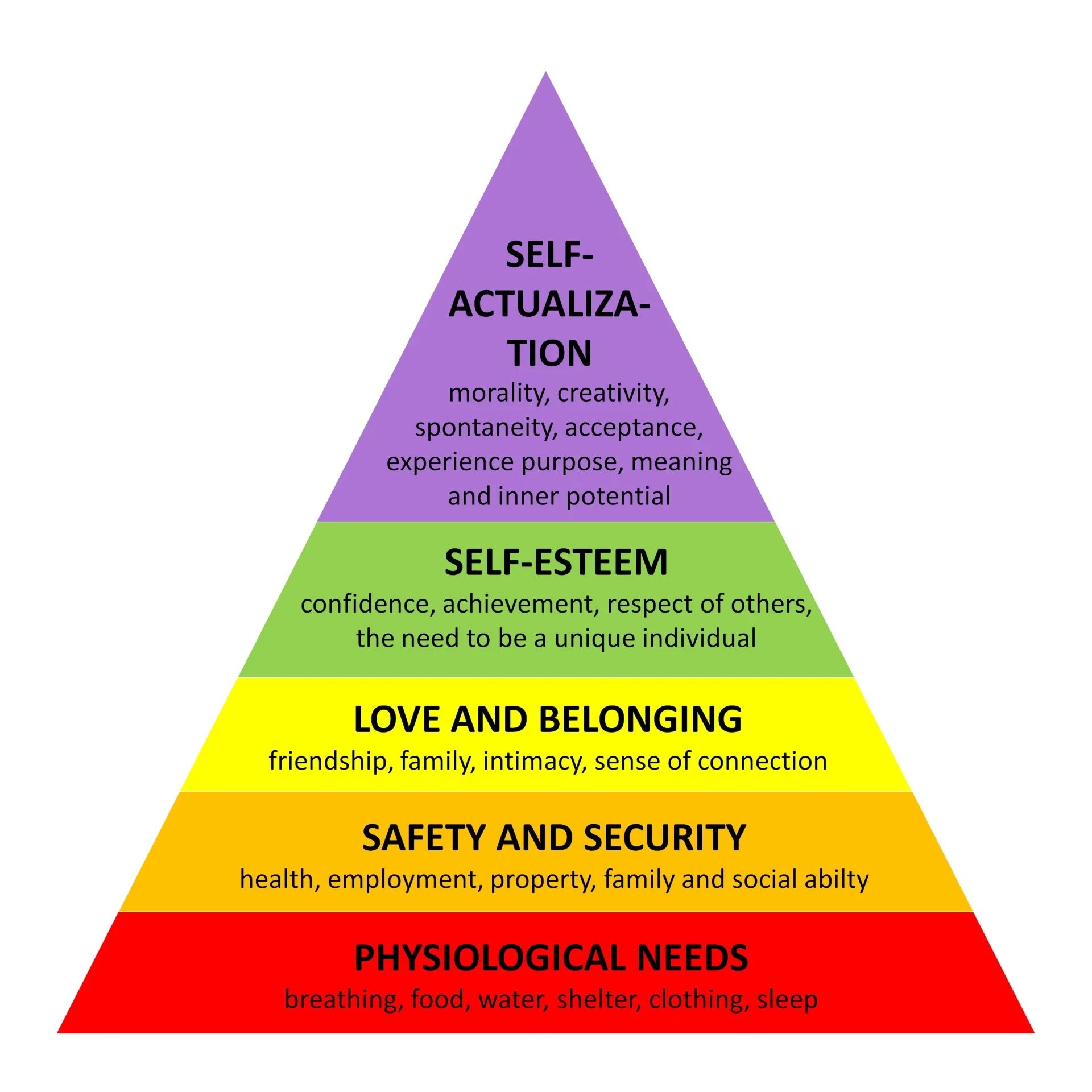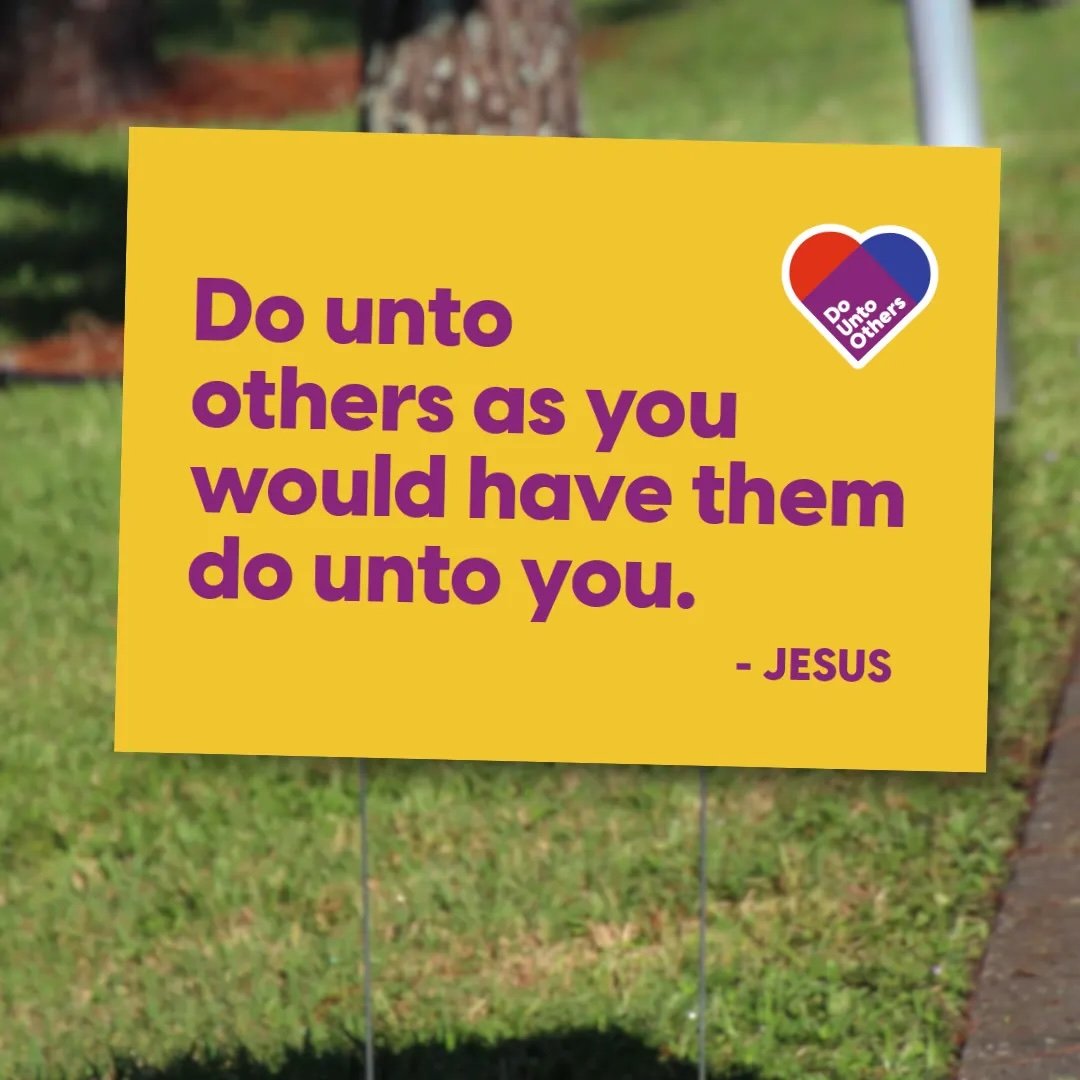Ping Pong Diplomacy and other simple acts
I heard an interesting story on the BBC radio talking about how the game of ping pong was instrumental in changing the course of diplomacy. The year was 1971 and the US had little interaction with China since the 1949 revolution. There had been no diplomatic ties, little trade and few contacts between the US and China. Yet, due to a single act of kindness, the US Ping Pong team was the first delegation in decades to visit the country.
According to the BBC story, one of the nine American players missed his bus to the World Championship being held in Japan that year. A Chinese player invited the American to join them on their bus which was also traveling to the tournament. From that little interaction a friendship was formed. In less than a week afterwards, the Chinese government invited the US team to China and to play in exhibition matches. In turn, those exhibitions paved the way for US and Chinese diplomatic interactions.
In listening to the story, I was reminded that it is the little things in life that make the big difference. I also am reminded that it doesn’t take much, or not as much as one would think, to make a change in the world.
Dr. Erica Chenoweth is a public policy professor at Harvard. She has co-written a book: Why Civil Resistance Works: The Strategic Logic of Nonviolence Conflict. In it, she and her team of researchers looked at all world conflicts- violent and non-violent campaigns from 1900- 2006. They were surprised that the most effective for lasting change were those non-violent campaigns. And what was more surprising it didn’t take that many people- 3.5% of the population to affect change. There just has to be certain criteria and preparation in place.
Dr. Chenoweth’s findings suggest that the individual can make a difference. She was researching conflicts and political campaigns. I think her research can also be applied to various societal norms: it doesn’t take that many people to affect change. I think of Nancy Brinker, sister to Susan G. Komen. Nancy made a promise to her sister to do something to help the women in the hospital who had breast cancer. Suzy Komen wanted the waiting rooms to look better. Nancy Brinker did more than that. After Suzy died, she established the Susan G. Komen Foundation in 1982. Two years’ later was the first Race for the Cure with 800 participants. By 2014 there were over 150 race events worldwide and the foundation has raised billions of dollars for research.
Nancy Brinker is a mover and shaker. But we all have the opportunity to make an impact with our actions. I think it is a matter of concentric circles- little actions, kindnesses, steps that each of us take daily which can/may lead to more people being kind and thoughtful which in turn can lead to a change in society. Individually, it is a good practice to intentionally do kind, small actions. Obviously, it is good for the recipient but more importantly it is good for the one doing the kindness. There is a feeling of goodwill (as well as all the “feel good” endorphins, dopamine, serotonin) for oneself and others. It provides purpose (as in Nancy Brinker’s case) and brings people together in a sense of belonging and community.
In the past it would’ve been called positive peer pressure (not sure if it is still called that): the group norm affects the individual behavior and visa versa. One’s friends or peers encourages one to engage in positive and beneficial behaviors.
Recently, my sister returned from a trip to Norway. She said that Norwegians are very much engaged in practicing sustainability. They have an unofficial campaign: “five items per year” which encourages individuals to purchase only five new (to them) items a year. For the one thing newly purchased, another item has to go. (Presumably for someone else to find “new”.) She said that a friend might comment on a new jacket- “Is that new?” one might ask. “What did you get rid of?” Positive peer pressure encourages the individual to think sustainably and intentionally before purchasing something.
What about you? Do you practice any small actions? What are they? Have you seen any impact from them?
A couple of months ago, I had an idea of putting two plastic storage boxes on my front lawn with a sign on them saying that I was collecting for our local food bank. The idea came to me as I was walking our dog and remembering that at our previous home, various neighborhoods would have food drives. Someone on the street would have a collection sign and box. So, I placed my box on our lawn, sent out an email to my friends in my neighborhood bookclub, invited them to purchase an extra can or box whenever they went to the store, asked them to fill the box and to share the idea of gathering food with their networks. In the past couple of months, we have collected over 150 pounds of food for the local food bank.
The other day, I was alerted by a neighbor that my boxes were missing. Not sure if a newly hired, ambitious trash collector picked it up or if someone took it. Regardless, my boxes were gone. I sent a note out to the local “Nextdoor Neighbor” site asking if anyone inadvertently took the boxes, to keep the food if they need it but please return the boxes. Meanwhile I put out another box.
I received a message from a woman who wanted to help with the cost of the new boxes. Instead I encouraged her to start her own collection box in her neighborhood.
Little things and positive peer “pressure”. I remembered how one person made a difference in my old neighborhood. Hopefully I am making a difference in my current one. And now there might be impact in another neighborhood.
While my food box may not change global relations like the US Ping Pong team or lead to global medical research, the thought behind those acts of kindness are the same. It only takes a simple act- sponsoring a charity race, giving a ride to one who needs it or putting out a box for food - to be part of change.
























